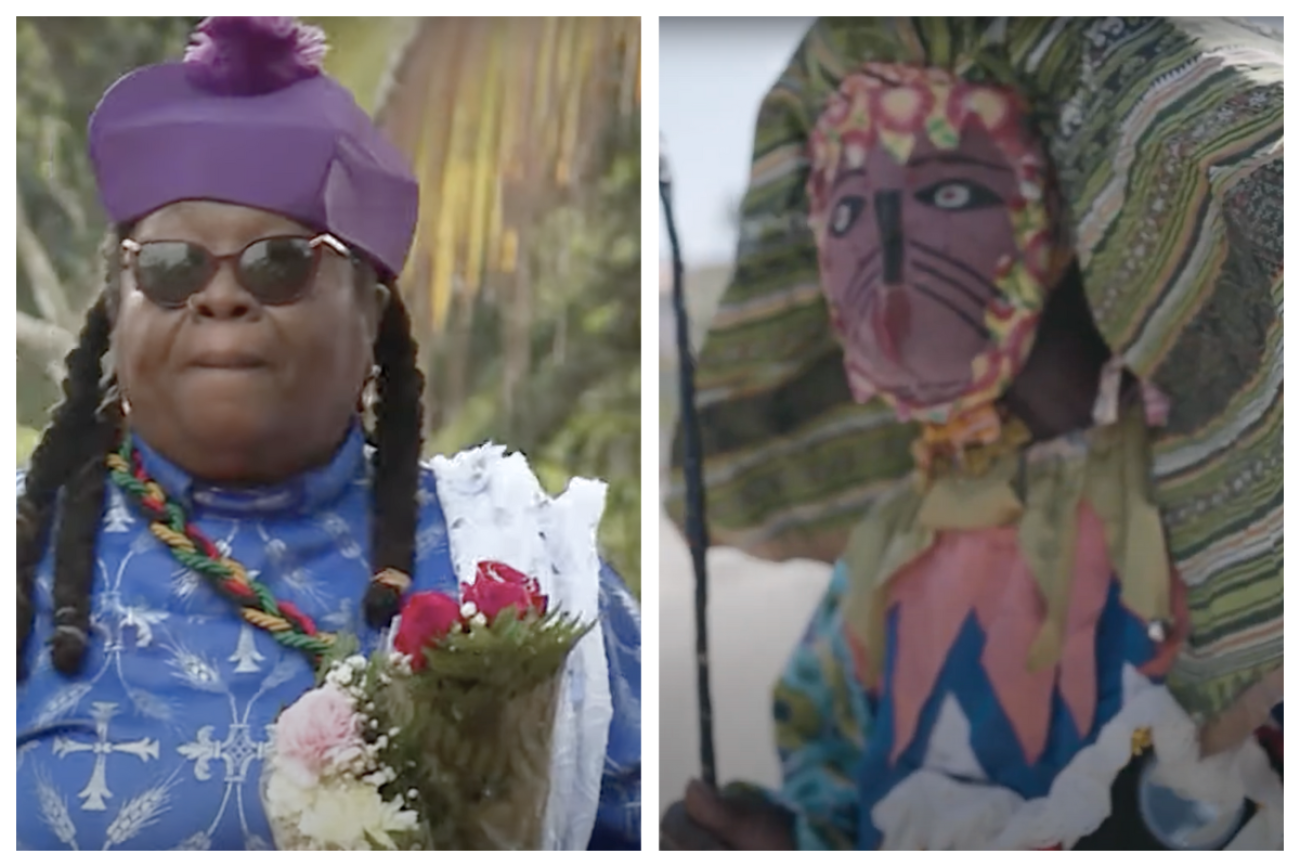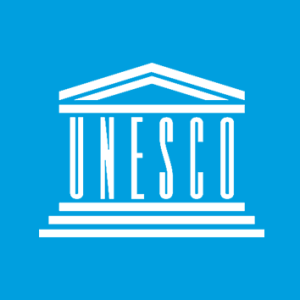The UNESCO Committee for the Safeguarding of the Intangible Cultural Heritage decided during its 2024 session held in Paraguay from 2 – 7 December, to inscribe on the Representative List of the Intangible Cultural Heritage of Humanity two new elements from the English-speaking Caribbean.
The Shakespeare Mas, a traditional component of Carriacou’s annual Carnival in Grenada, combines speechmaking, costume design, and public theatre. Participants (called ‘kings’) compete by reciting Shakespeare and historical texts. At the same time, incorrect recitations are met with a dramatic symbolic lash. The Mas fosters social cohesion, cultural pride, and the transmission of artistic traditions. It brings Grenadians together in celebration of their history and culture, peacefully celebrating the island’s dramatic creative arts.
"Carriacou is a tiny island with a big culture. It is Grenada’s cultural treasure trove. This is history, this is identity, this is community. The Shakespeare Mas is a unique element that has come to define Carriacou’s Carnival, representing the creativity and traditions of generations that created and celebrated this beautiful cultural expression."
— John Angus Martin, from the Grenada National Commission for UNESCO
The Revival Pilgrimage to the community of Watt Town in Jamaica, the other element inscribed on the Representative List, takes place annually on the first Thursday in March, honoring enslaved Africans. Participants called ‘bands,’ journey to the sacred Jerusalem Schoolroom, offering fruits, flowers, and food while performing rituals for blessings. The event helps to preserve cultural memory through a wide range of vibrant songs, dances, and community-based activities and supports the aesthetic core of the Jamaican people.
"The Pilgrimage is a rich part of Jamaica’s cultural diversity. It is a living testament to the endurance and vibrancy of our African-Jamaican belief systems. Today, this cherished practice finds its rightful place among the cultural elements of humanity, standing alongside other celebrated traditions."
— The Honourable Olivia Grange, Minister of Culture, Gender, Entertainment, and Sport of Jamaica
The “intangible cultural heritage” as defined in the 2003 Convention is a term that “means the practices, representations, expressions, knowledge, skills – as well as the instruments, objects, artefacts and cultural spaces associated therewith – that communities, groups and, in some cases, individuals recognize as part of their cultural heritage.”
...................................................................
This story was first published by UNESCO.



